 Homa Bay County Governor Cyprian Awiti (second left) talks to Oasis
Group International chairperson Amira Ballarin (right) on plans to build
low-cost houses for workers and residents of the county on August 1,
2013. PHOTO | JACOB OWITI | NATION MEDIA GROUP
Homa Bay County Governor Cyprian Awiti (second left) talks to Oasis
Group International chairperson Amira Ballarin (right) on plans to build
low-cost houses for workers and residents of the county on August 1,
2013. PHOTO | JACOB OWITI | NATION MEDIA GROUP
Summary
- The last time she appeared in public in Kenya, Ms Ballarin
was meeting Homa Bay Governor Cyprian Awiti and his cabinet, pitching
for an ambitious Sh500 billion Agricity project and a Sh3.3 billion road
construction plan.
- Mr Awiti claimed they had done “due
diligence” on the company, how it won a Sh3.3 billion tender while its
annual turnover was only Sh120 million was intriguing, according to a
Homa Bay County transport committee report.
Two weeks ago, the government quietly dissolved a
Kenyan-registered company associated with a flamboyant US socialite who
once claimed to have more influence among Somali pirates and warlords
than the US government.
This is a story of wit, high stakes and the underworld.
The
name Michele Lynn “Amira” Ballarin is hardly known locally — yet this
“horse-country socialite”, as one US official called her, managed to
walk into Homa Bay County and get Sh110 million to ostensibly build a
road. The county is struggling to get back the money.
It
is not clear why Oasis Group International, associated with Ballarin,
was dissolved — though it adds a new twist to the story of this
mysterious American whom Somali militia and pirates had nicknamed Amira,
meaning Princess.
Highly placed sources in the
Interior ministry say the company was struck off the register because of
“security concerns”, given Ms Ballarin’s background. Interestingly,
nobody wants to go on record.
The western media is
awash with details about Ms Ballarin, who once claimed to have links
with US intelligence. The last time she appeared in public in Kenya, Ms
Ballarin was meeting Homa Bay Governor Cyprian Awiti and his cabinet,
pitching for an ambitious Sh500 billion Agricity project and a Sh3.3
billion road construction plan. Also in that meeting was Nairobi
businessman Eliud Owalo, who did not pick our calls. Mr Owalo is a
former campaign manager of Mr Raila Odinga.
Getting to
the bottom of this story ruffled some feathers. “I don’t understand why
you are going back to this story,” Mr Awiti said on phone. “The road
project and the contract were insured and we have taken them to court to
recover our money. We also cancelled the tender.”
Although the media
had been invited to cover the US “investor” briefing, nobody seemed to
connect Ms Ballarin to the woman whose links to Somali pirates baffled
many, including the US intelligence. Was Mr Awiti aware of this
background? “I came to learn about that later,” he told this writer.
While
Mr Awiti claimed they had done “due diligence” on the company, how it
won a Sh3.3 billion tender while its annual turnover was only Sh120
million was intriguing, according to a Homa Bay County transport
committee report.
MCAS QUESTIONED PAYMENT
Later,
Homa Bay MCAs questioned the payment of Sh110 million to Ms Ballarin’s
company when the tender documents indicated a different company, Berenyi
Inc. When we reached Berenyi Inc CEO and founder Tony Berenyi at his
South Carolina office, he said he was “never paid a cent”.
“I
was in Homa Bay for only two weeks. Amira called me and asked for my
assistance in design of some roads in western Kenya. She said she had a
contract of $40 million with the (County Government of) Homa Bay. They
may have used my name to get a tender... I don’t know. But I did no work
there and never got paid,” said Mr Berenyi, whose company is listed as
“international partner” in Oasis’ website.
Mr Berenyi
says Ms Ballarin was in Homa Bay with Mr Perry Davis, whom he described
as “her spokesman”. Mr Davis has some military background.
Once described by the Washington Post as a former Green Beret and
Amira’s business partner, Mr Davis is said to live in Ms Amira’s
sprawling 110-acre estate in Warrenton, Northern Virginia.
In
his LinkedIn page, Mr Davis says he works for Oasis Group International
and that he previously worked with the US military for over 30 years,
“working in hostile and complex environments”. He is currently the
president of another company, Blackstar Inc, which western media say is
used to gather intelligence.
“The problem with Michele
is separating fact from fiction. What is real, and what is made up?” Mr
Geoff Whiting, a retired naval intelligence officer who partnered with
Amira, is quoted by The Washington Post saying.
Ms
Ballarin did not respond to our emails, though her Nairobi contacts
called to ask what the story on Oasis was all about. They did not
provide answers to the question: What exactly was Ms Ballarin doing in
Kenya?
On her Linkedin page, Ms Ballarin, a graduate of
West Virginia University in Morgantown, describes Oasis group as an
“international infrastructure firm with a focus on enabling national and
regional governments in achieving a US standard in key infrastructure
projects such as roads, bridges and sustainable energy-utilising local
management talent and labour resources.”
It doesn’t state the projects it has carried out.
But
according to the UK Observer, Ms Ballarin also runs a private military
company, Select Armor, which was used for “undercover missions” in
support of President Abdullahi Yusuf’s transitional federal government —
founded with UN backing in 2004. In April 2007, the Associated Press
reported that Select Armor was also part of a team led by Lockheed
Martin Corp, which had been selected by the US Navy “...to compete for
anti-terrorism contracts worth up to $500 million over five years.
HOSTAGE NEGOTIATIONS
Ms
Ballarin came to Kenya’s attention in 2008 when she was involved in
tense hostage negotiations with pirates holding MV Faina, a ship full of
Russian tanks destined for South Sudan via Mombasa, and a Saudi oil
tanker, MV Sirius Star, seized off the coast of Somalia.
When
talks with pirates aboard Sirius Star collapsed, they surprised
everyone when they insisted they would want to speak only with Ms
Ballarin and dropped a banner on the ship’s freeboard with her nickname —
Amira. She later termed as “sensational” reports in western media that
she was in “constant communication” with the pirates.
Regarding
the banners bearing her name, Ms Ballarin said: “I suppose... it was a
compliment in the way we helped family members... (communicate),” she
told the Voice of America while denying participation in the actual
talks. “We never had any interaction with the owners of the ships or the
insurance companies.”
Why then was she interested in
only two ships while so many had been seized? “I was deeply disturbed
that a horrible environmental disaster (would take place) in the case of
Sirius Star if insurgents poked a hole into the tanker” (or) if they
unloaded the military cargo aboard the MV Faina,” she said.
At
that time, very few people knew who Amira was, although a senior US
government official told ABC News about his frustration over the US
government’s indifference in the Horn of Africa: “It’s pretty sad when a
horse-country socialite has more sway in Somalia than the whole US
government.”
Later on in Nairobi, Ms Ballarin would
organise meetings with Sufi groups at a time when piracy in the Indian
Ocean had reached a crescendo. That alone baffled security experts since
it appeared she was a trusted confidante of both the warlords and the
pirates, and once told reporters that she had a plan to bring peace to
Somalia via what she called on her website “Organic Solution”. Western
media said she printed some navy blue shirts for the “Somali boys” to
illustrate the work she was doing. “On the front they read: “Somali
Marine Security.” On the back: “Amira’s Organic Solution for Somalia,”
wrote Mr Keith Koor, a reporter who got one of the shirts.
Ms
Ballarin also befriended President Sheikh Sharif Sheikh Ahmed and
various Somali leaders and was at one point appointed Somalia’s
“Presidential Advisor for Reconstruction and Humanitarian Assistance”.
Asked
by the Voice of America about that appointment, she ducked thus: “The
best way to answer that question is to say that we have always been
available for the Somali people...”
The Washington Post
reported how Ahmed had spent an entire weekend in Ms Ballarin’s large
estate “huddled there with Ballarin and Davis over Memorial Day. They
mapped out logistics and pored over mock-up designs of resettlement
villages, the first of which is slated to break ground by year’s end.”
President
Ahmed later cancelled the contract with the woman who once claimed to
be setting up a bank in Somalia, Oasis Bank, an outgrowth of Organic
Solutions, and little was heard of her dalliance with government
operatives in Somalia afterwards.
She once told the VOA
that she had meetings with the Sufi group in Nairobi, Dubai, and
Somaliland, giving them support against the Al-Shabaab. The Washington
Post reported how Ms Ballarin and Mr Davis also earned a contract with
the Pentagon to gather intelligence inside Somalia. That flirtation with
intelligence started in August 2007 when she is said to have sent an
unsolicited letter to the CIA, via another company — Gulf Security
Group.
Ms Ballarin had proposed, according to western
media, “to “track and eliminate Al-Qaida terrorist networks” in the Horn
of Africa. But the CIA told her off and said they were “not interested”
in her services.
CREATE EMPLOYMENT
Ms
Ballarin then sought out the Pentagon. The Washington Post claimed she
was “rewarded with a classified contract for an undisclosed amount of
money. But within a year, the contract was reportedly terminated for
“non-performance”.
In her house, The Washington Post
reported, Ms Ballarin, who in 1986 ran for Congress, keeps a “photo
gallery of herself posing with Somali politicians, warlords, clan
leaders and Sufis. In almost all the pictures, she is wearing an Armani
suit, her hair pulled back in a tight bun.”
When she
appeared at a boardroom in Homa Bay County pitching to build cheap
two-bedroomed houses for $7,500 with an inbuilt solar panel system, she
was flanked by several of her Nairobi contacts. Governor Awiti appeared
to buy the plan.
“The uniqueness of this approach is,
it will create business opportunities and employ people...” Mr Awiti
said in a clip still available on YouTube.
Ms Ballarin’s past in
investment banking is said to have earned her a place among the wealthy
bureaucrats and investors of Washington DC after her second marriage to
Gino Ballarin, a hotel manager in the exclusive Georgetown Club in DC.
It was in these social circuits that she met a wealthy Somali “elder”
who “fascinated” her with Sufi religion and Somalia.
Had
the governor of Homa Bay checked on Google, he would have found some
amazing facts about Ms Ballarin. Several of her Somalia development
programmes failed, including the plan to set up an airline and a bank.
The Washington Post reported that all these projects “were dissolved
after nine months, with many investors failing to recoup tens of
thousands of dollars”.
Ms Esther Herbert, a medical
consultant who once worked with Ms Ballarin in a Somali initiative from
2008 to 2010, told The Washington Post: “She has an amazing ability to
attract very powerful people... Then it all falls apart.”
With
the deregistration of Oasis International, Ms Ballarin’s door to
Somalia — and to Kenya where she runs a children’s home — seems shut. Or
perhaps we have not heard the last about her.
John Kamau is a senior writer with Nation Media Group. Email: jkamau@ke.nationmedia.com @johnkamau1
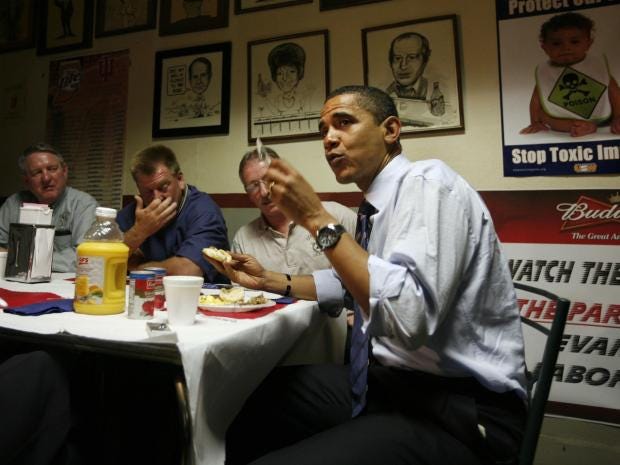
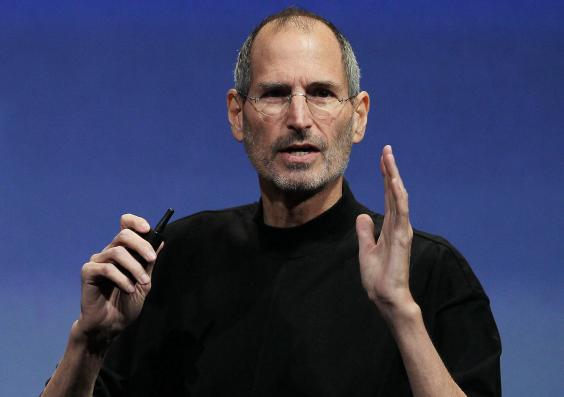
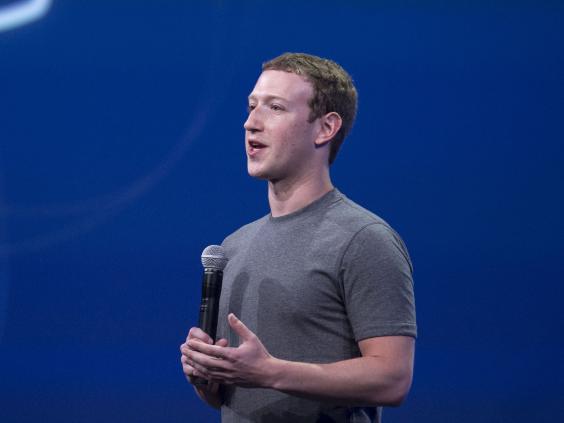
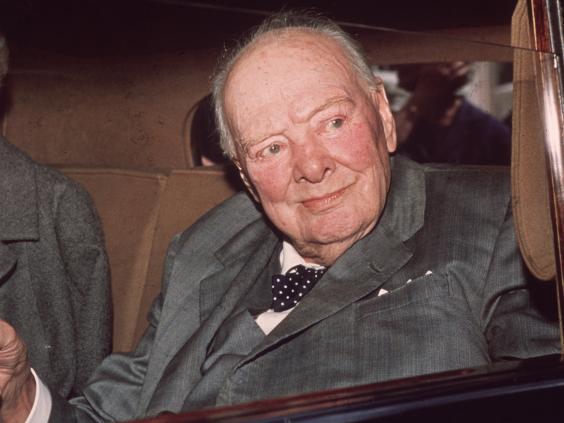
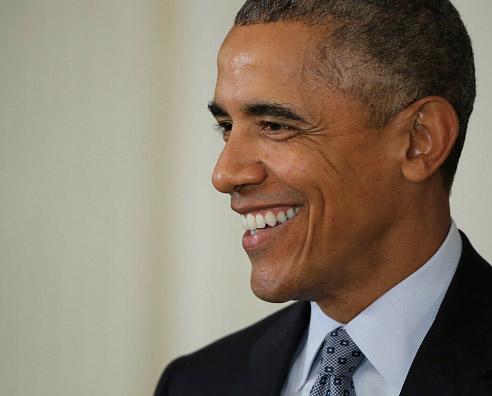
 nn
nn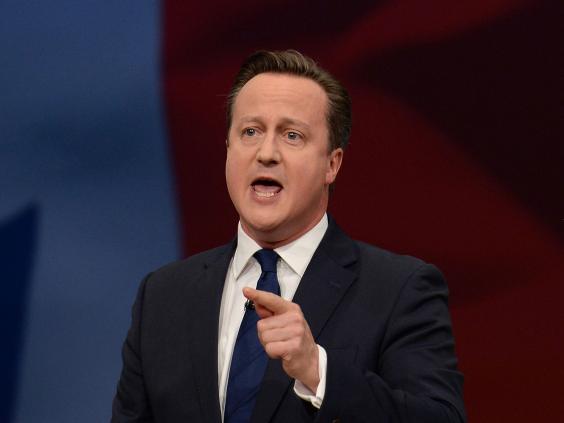 n
n h
h

 Tonight, I feel like becoming a real "terrorist"! This is the effect of
endless acts of impunity on the part of the Uganda Police. When the
people assigned the responsibility of maintaining law and order become
deliberate and arrogant law breakers, where does one turn to?
Tonight, I feel like becoming a real "terrorist"! This is the effect of
endless acts of impunity on the part of the Uganda Police. When the
people assigned the responsibility of maintaining law and order become
deliberate and arrogant law breakers, where does one turn to?


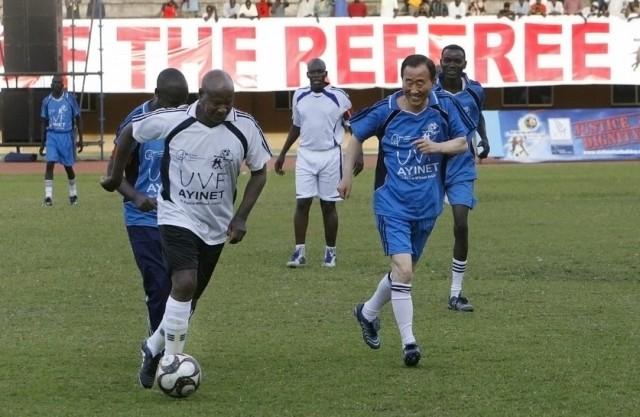

 Through the support of the local Maasai community and Kenya’s
President Uhuru Muigai Kenyatta, the entrepreneur, adventurer, and
Virgin Group founder RICHARD BRANSON opened a tented
safari camp in 2013 in the heart of the Kenyan bush. A recent visit to
the camp, Mahali Mzuri, further bore out his reason for establishing it.
Through the support of the local Maasai community and Kenya’s
President Uhuru Muigai Kenyatta, the entrepreneur, adventurer, and
Virgin Group founder RICHARD BRANSON opened a tented
safari camp in 2013 in the heart of the Kenyan bush. A recent visit to
the camp, Mahali Mzuri, further bore out his reason for establishing it.














